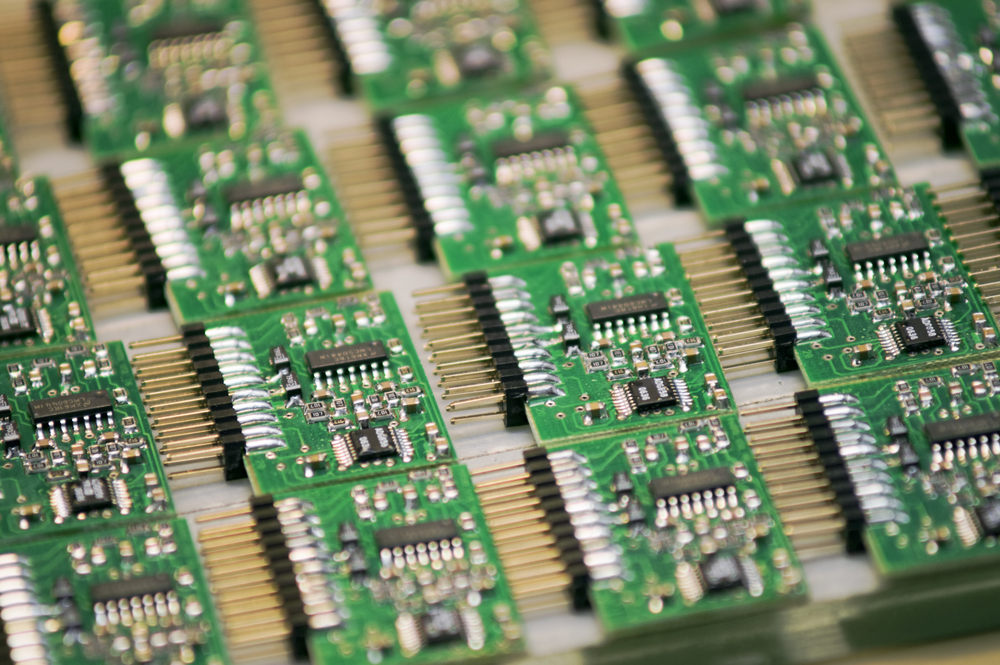Minister to brief parliament on “historic” takeover at Nexperia

The Dutch government has defended using a law from the Cold War era to take partial control of Nijmegen-based chip manufacturer Nexperia amid concerns that it could be used to transfer intellectual property to China.
The decision was made in a closed-doors hearing of the Court of Appeal’s Enterprise Chamber (October 1) in Amsterdam two weeks ago, where judges ruled that there were “well founded reasons to doubt” the way the company was being run.
The economic affairs ministry invoked the Goods Availability Act, a law passed in 1952 during the post-war reconstruction but never previously used, to suspend Nexperia’s executive director Zhang Xuezheng and appoint a former director who will have a casting vote at board meetings.
The court only confirmed the hearing on October 1 had taken place on Monday evening, nearly two weeks later, after the NRC newspaper published details of the case. The court also lifted an injunction that had banned both sides from discussing the hearing with third parties.
Pim Jansen, professor of economic administrative law at Erasmus University in Rotterdam, told NRC it was a “historic” and far-reaching intervention by the Dutch government.
“For example, the government can force producers not to make any changes to crucial production processes without a licence, or stipulate that certain changes to its business practices can only be made with its permission,” he said.
“Keep producing”
Caretaker economic affairs minister Vincent Karremans is due to brief parliament on the decision on Tuesday. He said he had not taken the decision lightly, but was compelled to act by “recent and acute signals of serious management failures and actions that could put the security of the supply chain at risk”.
The minister said he had ordered the company to keep producing chips at the current rate. “We said: you must continue. There will be legal consequences if they do anything that damages production,” Karremans said.
Zhang Xuezheng, known as Wing, acquired Nexpedia in 2019 through his company Wingtech. The company makes transistors in bulk which are used in European-manufactured cars, phones and solar panels.
It has factories in Hamburg, Manchester, Malaysia and the Philippines, as well as in China, and has a turnover of around €2 billion. Two years ago it sold a factory in Newport, Wales, under pressure from the British government, which raised concerns about national security.
Wingtech’s shares plunged by 10% on the Shanghai stock exchange on Monday morning after news of the Dutch government’s action broke. The company has vowed to fight what it called a “discriminatory and politically motivated” decision using all legal and diplomatic means available.
Thank you for donating to DutchNews.nl.
We could not provide the Dutch News service, and keep it free of charge, without the generous support of our readers. Your donations allow us to report on issues you tell us matter, and provide you with a summary of the most important Dutch news each day.
Make a donation